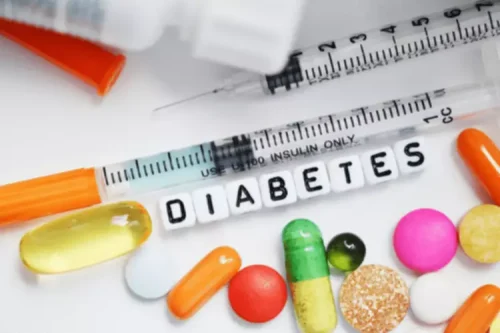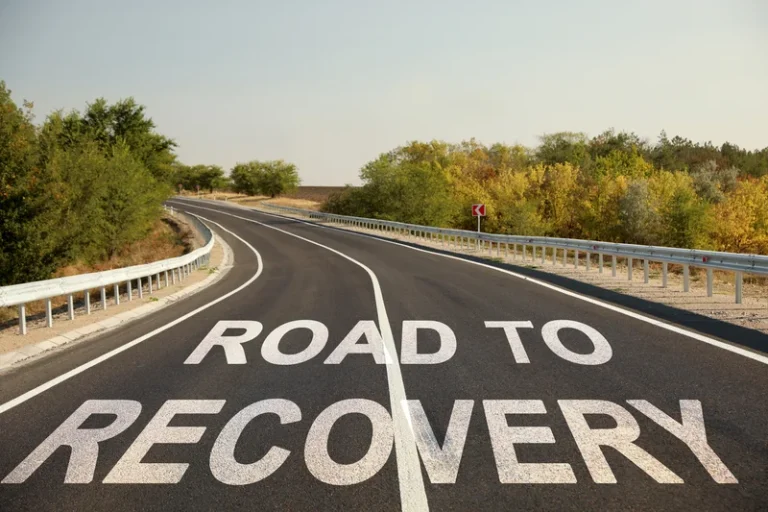
Keep your head up, lean on your support system, and look forward to the positive changes ahead as you walk the path to a better, sober life. In your first year of sobriety, you can expect profound changes when you stop drinking. You might anticipate improved physical and mental health, stronger relationships, and newfound clarity.

Personalized sobriety keychain – engraved with the date of achievement
And, while that may get easier as time goes on, it’s still important to recognize the challenge. When you celebrate a sobriety anniversary, you’re acknowledging what the individual has accomplished. They’ve managed to stay on track, avoid or say no to temptations, and make choices to stay healthy and happy. While most people will be excited to support you on your journey, you may also encounter some negative reactions. For example, if you had friendships that were based around drinking, you might find yourself isolated from those individuals.
Family Support
The challenge of quitting alcohol involves much more than just abstaining from drinking. This enhanced mental clarity and emotional balance are not just psychological changes but are also rooted in the physical recovery of your brain from alcohol’s effects. The improvement in your cognitive abilities, like memory and decision-making, is a direct result of your sustained sobriety. When you finally kick that habit and get a year down the road, you will find you look and feel better. You’ll feel stronger overall, and since your diet is much healthier, you’ll find you’re not suffering from nutritional deficiencies, and you feel stronger in general.
- Journaling, in particular, can be a powerful tool for tracking your triggers and responses, allowing for reflection and pattern recognition.
- A sober date, also called a sobriety date or sober anniversary date, is the specific calendar date on which an individual began living sober by quitting substance abuse.
- The journey from the last day of using substances to celebrating a year, or several years, of being drug-free is the cause for much celebration in a loved one’s sobriety journey.
- Some people are still fixing things from their past, even after a year of sobriety.
- Remind yourself about how far you’ve come and all the amazing things you’ve achieved since becoming sober.
- Celebrate your achievements, set new goals, and continue to seek support as you navigate the path of sobriety.
Year Sober Gift Ideas

Celebrating a loved one’s sobriety anniversary is a meaningful way to show support and recognition for their incredible work in overcoming addiction and staying on their sobriety journey. Honoring your journey towards a healthier lifestyle should involve recognizing and celebrating sobriety milestones. Whether it is the day after you last used it or the day you first entered a rehab treatment program, each sobriety milestone is a testament to your commitment https://ecosoberhouse.com/ and progress. While celebrating one year of sobriety is a significant accomplishment, it’s important to acknowledge that the journey to recovery is not without its challenges. As individuals navigate life after one year of sobriety, they may encounter triggers and temptations that can test their commitment to staying sober. Additionally, setbacks and relapses can occur, requiring individuals to find the strength to overcome these obstacles.

It represents a journey of personal growth, resilience, and commitment to a healthier and happier life. As you mark this important moment, take the time to reflect on your progress and achievements, and set new goals for the future. After the how to celebrate 1 year sober first year, it’s typical to celebrate sobriety anniversaries on an annual basis, with a particular emphasis on milestones every five years. Before becoming sober, many people spend a lot of their time drinking or thinking about drinking.

Celebrating Sobriety: Tips and Ideas for Honoring Your Recovery Milestones
- It’s a sign of your body’s healing process, and the tears you shed are a release of the past.
- Contact Design For Recovery today if you’re ready to take the first step toward lasting recovery and discover the daily support you need.
- Building healthy relationships involves open and honest communication, empathy, and mutual respect.

